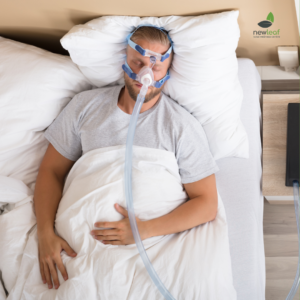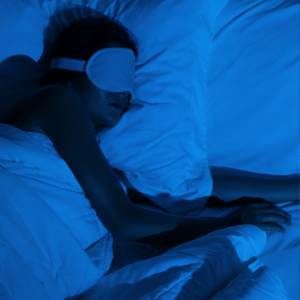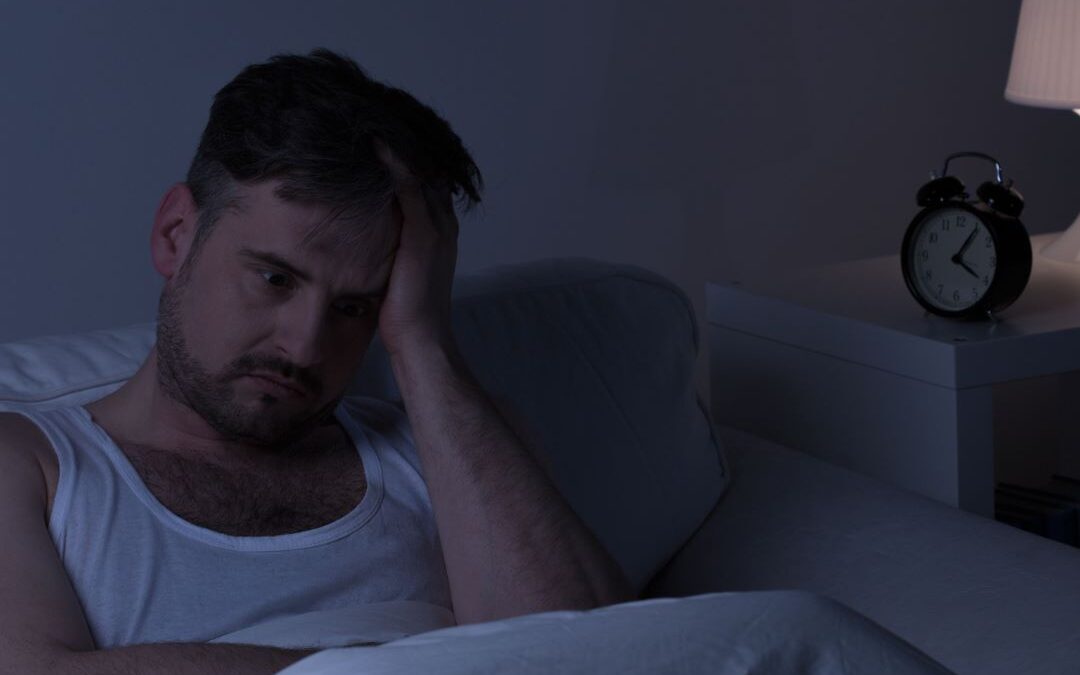Have you ever found yourself saying, “I’m so tired.” even after a full night’s sleep? You’re not alone. Many adults struggle with feeling refreshed upon waking, and the reasons can be as multifaceted as they are frustrating.
Understanding the complexities of sleep can seem daunting, but rest assured—it’s not impossible. Let’s unravel why you might not feel rested and how you can harness the power of routines to transform your night into a more restful experience.
The Sleep Deprivation Cycle
Sleep deprivation is more common than we think. According to the CDC, 1 in 3 adults don’t get enough. But what causes this cycle of tiredness even when we believe we’re getting enough shut-eye?

-
Sleep Disorder Suspects
Conditions like sleep apnea or insomnia might be the culprits. Sleep apnea disrupts breathing, causing interruptions throughout the night, while insomnia prevents you from falling or staying asleep. Both can leave you exhausted despite spending 7-8 hours in bed.
-
Poor Sleep Hygiene
Good sleep hygiene—habits and practices that promote consistent, uninterrupted slumber—is crucial. If your nightly routine includes late-night caffeine, irregular schedules, or blue light exposure before bed (yes, your phone or the TV), these habits might sabotage your restful night.

-
Stress and Mental Health
Mental health significantly impacts the quality of a good night’s rest. Anxiety and stress can keep your mind active, making it difficult to relax and drift into deep sleep phases essential for feeling rested.
How to Achieve Restful Sleep
With the right strategies, you can improve your chances of waking up refreshed. Here’s how:
-
Revamp Your Sleep Hygiene
- Consistent Schedule: Go to bed and wake up at the same time every day, even on weekends. Consistency helps regulate your body’s internal clock.
- Create a Bedtime Routine: Engage in relaxing activities like reading or listening to music before bed. Avoid screens at least an hour before you retire for the night.
- Optimize Your Environment: Ensure your bedroom is dark, quiet, and cool. Consider blackout curtains and white noise machines if needed.

-
Evaluate Your Sleep Quality
Monitor your sleep patterns using apps or sleep trackers. They can provide insights into how often you wake up during the night or the length of your sleep cycles.
-
Address Physical and Mental Health
Consult with a healthcare professional if you suspect a disorder or if stress and anxiety are affecting your ability to get a good night’s rest. Treatment options and therapy can make a significant difference.
-
Diet and Exercise
Maintain a balanced diet and regular exercise regimen. Both can enhance sleep quality. However, avoid heavy meals and vigorous activity close to bedtime.

Conclusion
Feeling perpetually tired can be disheartening, but understanding the root causes and adopting healthier habits can help you reclaim restful nights. Prioritize your sleep hygiene and consider professional advice if necessary.
Remember, a well-rested you is a more productive, happier you. Take the first step towards transforming your life today!
For more tips on healthier lifestyles, subscribe to our blog posts and join our community of health enthusiasts committed to wellness and self-care.

